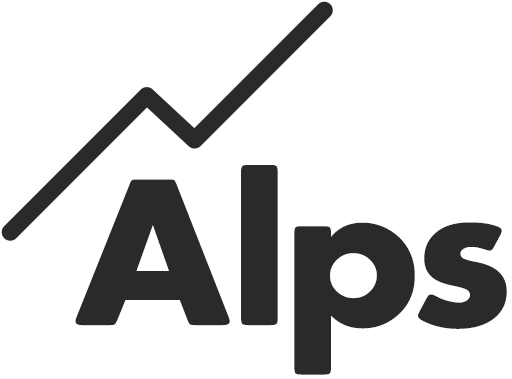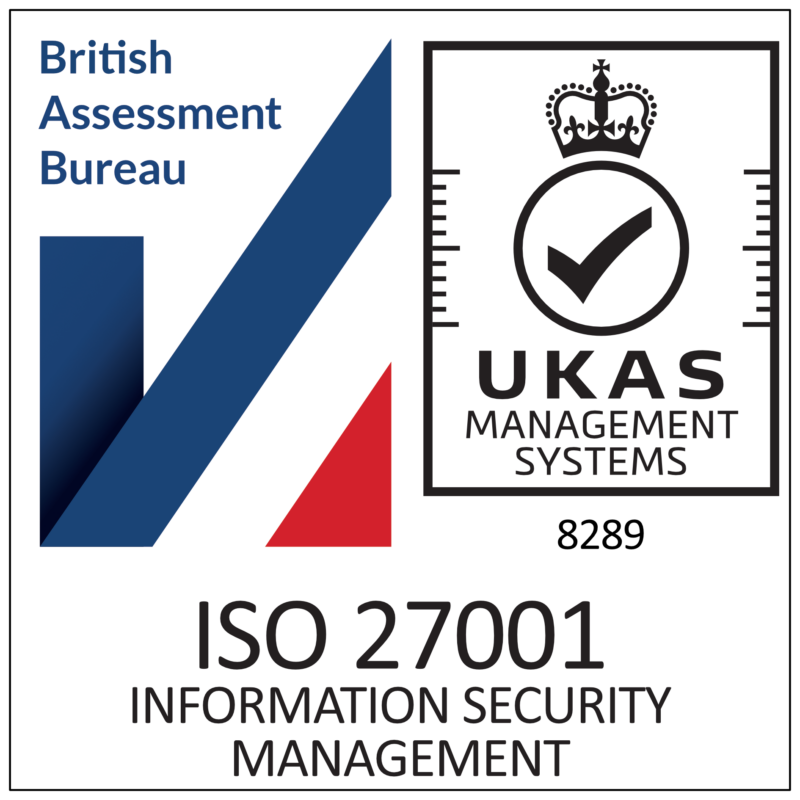What is the short-term future of Progress 8?
With Year 10 approaching the half-way point through their GSCE courses, Multi Academy Trust (MAT) CEOs and school headteachers are currently waiting for an update from the DfE on how the DfE plans to deal with the headline KS4 Accountability measures in 2025 and 2026, in the wake of cancelled KS2 SATs in 2020 and 2021, for this cohort and current Year 9s.
The most recent DfE guide ‘Secondary accountability measures – Guide for maintained secondary schools, academies and free schools’ (DfE – 1st February 2024) still says ‘As primary tests and assessments were cancelled in academic years 2019/20 and 2020/21 due to COVID-19 disruption, there will be no KS2 prior attainment data available to use to calculate Progress 8 when the relevant cohorts reach the end of KS4 in academic years 2024/25 and 2025/26. We will explore whether there are any alternative options for producing a progress measure in the affected years and will announce our approach in due course.’’ As Year 10 are now deep into their KS4 programmes of study, it is fair to speculate exactly what they mean by ‘in due course’!
The only clarification about KS4 headline measures included in the February 2024 guide is that “entries into triple science and entries into languages (the percentage of pupils entered for an EBacc language) will change from being additional measures to become headline measures for 2023/24 and will be reported on the main school page in performance tables from autumn 2024.”
In ‘Is the end nigh for Progress 8 – and if not, should it be?’ published in the TES on 2nd February, Gráinne Hallahan quotes Professor Tim Leunig saying that because of the lack of KS2 Sats data during the pandemic, P8 “absolutely cannot be done” in the years ahead. She also quotes from a paper by Professor George Leckie, Dr Lucy Prior, Professor John Jerrim and FFT Education Datalab’s Dave Thomson in which they question whether using 2022 Sats for 2027 P8 outcomes will be fair. “Question marks will hang in the air as to [the 2022 KS2 test] accuracy given differential lost learning across schools in 2020-2021, thus potentially impacting upon Progress 8 scores in 2027.” That point is well-made but the permanent return to judging secondary schools on raw attainment measures would be a retrograde step.
Options
In terms of possibilities, during last year, colleagues from the DfE indicated at a number of conferences, that they were exploring the possibility of using KS1 data as a baseline for Progress 8 calculations. This was explored by FFT who, in May 2020, published analysis “Could Progress 8 still be calculated in 2025?” (FFT Education, Datalab), indicating that there was a correlation of 0.64 between KS1 average point score and Attainment 8 (A8). However, they also commented that “just because a measure could be produced doesn’t mean it should”.
From talking to colleagues myself, I find it difficult to see MAT CEOs and school headteachers accepting an accountability baseline taken in Year 2, after which the pupils are taught for a further four years in a wide range of different primary schools.
So, how to second guess what the DfE will (hopefully) shortly announce?
1. I don’t think there will be Progress 8 (P8) in 2025 and 2026.
2. I think it unlikely that the DfE will promote the Basics at either 5+ (or 4+) as their main measure as, a bit like Year 6 in primary schools, it would place the whole focus on the performance of two subjects.
3. I suspect that A8 will, for two years, become the key measure. It keeps the focus on the same balance of curriculum subjects as P8, and the A8 scores across the four buckets could still provide a reasonable insight into standards in each school through comparison with the A8 and P8 scores achieved in each in 2022 and 2023.
So, where would this leave you – our secondary schools?
1. As in the old days of 5A*-C including English and maths, your position in the Secondary Performance Tables would be solely determined by raw results, whatever your context or the (usual) prior attainment of your cohorts.
2. With no KS2 scores to use to set targets for students and subjects, I expect (would hope) that the vast majority of schools will still want systems that enable aspirational target-setting and the ability to both track progress through KS4 and evaluate it post-results in 2025 and 2026.
No P8? No problem
Alps enables secondary schools to do all of the above.
We offer a range of alternate baseline options that are already proving popular across our Alps schools:
1. CAT4
2. MiDYiS
3. Cohort distribution analysis
In addition, our famously easy to use, online platforms provide clear KS4 and KS5 performance insights so you can celebrate your strengths, action any gaps and drive-up student achievement.
John Philip – Alps Senior Consultant
End note from Alps
We currently work with over 1,200 schools and colleges and 95 Groups and MATs in the UK and internationally, offering our high-quality analysis at both KS4 and KS5.
If you do not use Alps, but are interested in how Alps could support you to improve your outcomes, do not hesitate to contact one of our friendly team at [email protected] . You can also call us 01484 887600 and we will be delighted to speak to you, or you can book a demo with one of our knowledgeable team here.
About the author: John Philip
 John started working with Alps in 2008, while he was working at Little Heath Comprehensive School. At Little Heath, John used Alps to achieve top 2% performance in value-added terms. He also worked with schools regionally and nationally through the Raising Achievement Partnership Programme. Since leaving Little Heath in 2010, John additionally works as an associate for 22 secondary schools through PiXL.
John started working with Alps in 2008, while he was working at Little Heath Comprehensive School. At Little Heath, John used Alps to achieve top 2% performance in value-added terms. He also worked with schools regionally and nationally through the Raising Achievement Partnership Programme. Since leaving Little Heath in 2010, John additionally works as an associate for 22 secondary schools through PiXL.
Need more information?
If you would like any further information, please contact one of our expert advisers.


